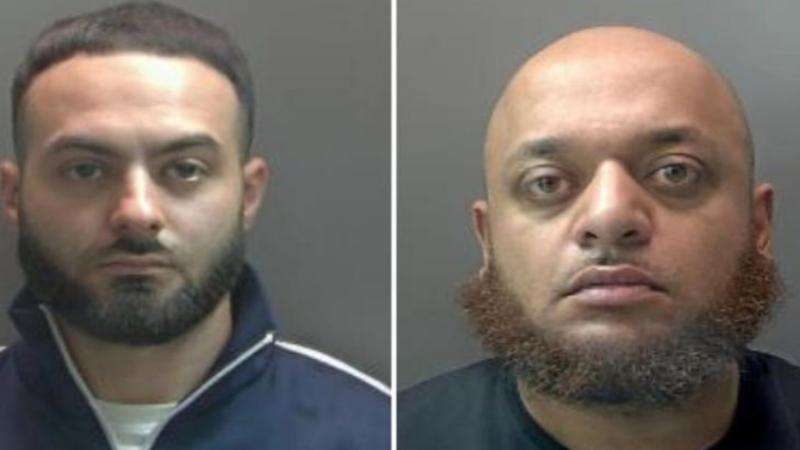A new wave of tax demand letters is being sent out by HM Revenue and Customs (HMRC), putting thousands of savers at risk of an unexpected bill. With interest rates at their highest in years, even those with relatively modest savings accounts are being caught out, with HMRC's new, more efficient, automated system flagging up accounts that exceed their tax-free savings allowance.
The core of the issue is the Personal Savings Allowance (PSA), a key tax-free shield for interest earned on savings. The amount of your PSA is determined by your income tax band:
Basic Rate Taxpayers (20%): You can earn up to £1,000 in tax-free savings interest per year.
Higher Rate Taxpayers (40%): Your allowance is cut to £500 per year.
Additional Rate Taxpayers (45%): You have no PSA.
This allowance is not a free pass for all your savings; it's a cap on the interest you earn from accounts like bank and building society accounts, credit unions, and even peer-to-peer lending. Crucially, interest earned within a Cash ISA is entirely tax-free and does not count towards your PSA.
The "£3,500" Tax Trap
With high-interest fixed-rate accounts becoming more common, a new tax trap has emerged. For example, if you are a higher-rate taxpayer and you put just £3,500 into a fixed savings account offering a 5% interest rate for three years, you could face an unexpected bill. This is because the interest, which accumulates to over £500, is often paid out as a lump sum at the end of the term. This one-off payment pushes you over your £500 PSA for that single tax year, even if you earned no other interest. This "crystallised" interest becomes fully taxable at your personal income tax rate.
HMRC is now using information automatically reported by banks and building societies to identify individuals who have exceeded their PSA. If you are an employee or on a pension, HMRC will typically adjust your tax code to collect the tax you owe. However, if your savings income is over £10,000, or for other reasons, you may be required to register for Self-Assessment and file a tax return.
What to Do and Where to Find Help
The onus is on the individual to ensure their tax affairs are in order. The Association of Taxation Technicians has warned that while HMRC's automated system is a step forward, it is not infallible. If you believe you have exceeded your PSA and have not received a letter from HMRC by the end of the tax year, it is your responsibility to contact them to avoid potential fines.
It is crucial to be proactive:
Check Your Interest Statements: Review your bank and building society statements to calculate the total interest earned across all your accounts.
Know Your PSA: Be aware of your tax bracket and the corresponding PSA.
Consider ISAs: If you're a high earner or have significant savings, moving money into a Cash ISA is a guaranteed way to keep interest tax-free and not have it count towards your PSA. The current ISA allowance is £20,000.
Contact HMRC: If you think you might owe tax on your savings interest, don't wait for a letter. Contact HMRC directly to get ahead of the issue and prevent any penalties.
This issue highlights a significant shift in the UK's financial landscape, where rising interest rates, once a boon for savers, now bring a new layer of complexity and a potential financial sting for those not aware of the rules.
_3.jpg)






_1.jpg)
.svg)

_2.jpg)
_2.jpg)
_3.jpg)
_3.jpg)